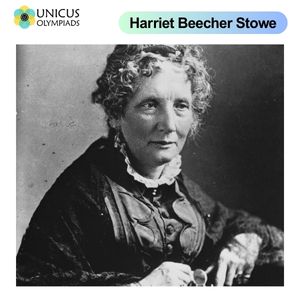

This section explores influential books that have sparked significant social, political, or environmental change. These works, through their powerful narratives and thought-provoking ideas, have inspired movements, raised awareness, and changed the course of history.




